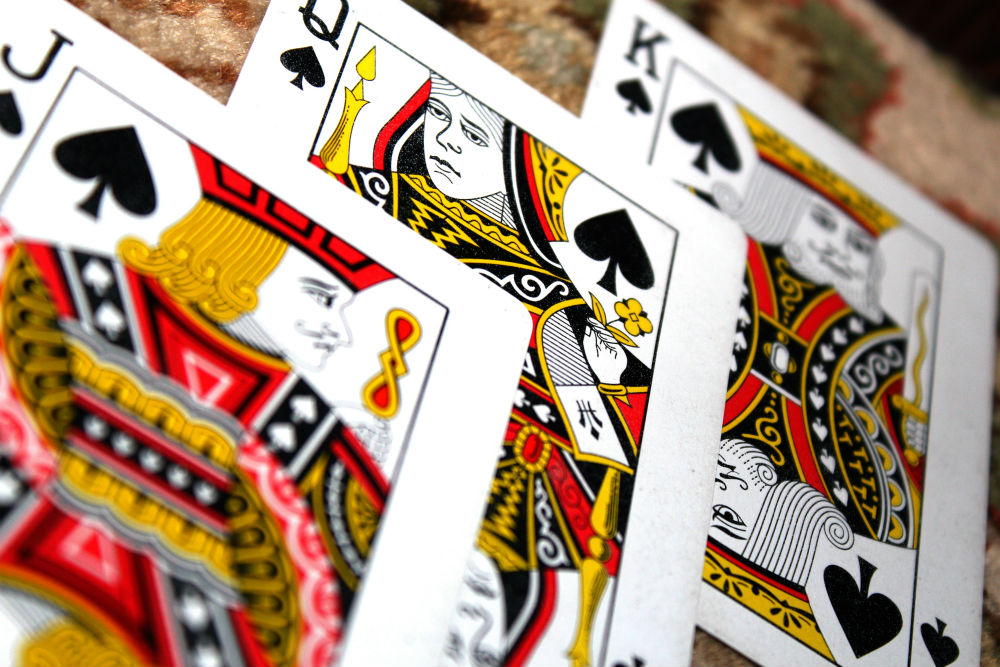Let no one tell you otherwise, bluffing is a part of the game. I know some people might say that it’s a tactic reserved for the weak and the unsure, it really is a skill you have to hone if you want to improve your chances of winning at any poker table. And by honing, I mean learning how and when to use it.
The concept of bluffing
Bluffing in poker is a situation whereby you make a bet or a raise in an attempt to make your opponent(s) fold a better hand than you, helping you win all the pot to yourself by default. Sounds cool, right? Well, that’s exactly why the pro players learn the art of bluffing because it can really save you a long play and help you win the game faster.
Timing your bluff right: when to bluff
To execute a bluff perfectly, timing is the most important element! If you get the timing right, then you might just be on your way to smiling at the bank. But if you make the wrong call, well, you just might be shooting yourself in the leg.

To that end, here a few questions you can ask yourself before deciding whether or not bluffing is the right thing to do in a given situation.
-
Does my opponent have a capped range or a weak hand?
-
Do I have enough value cards to back up my bluffs?
-
Is my opponent showing any physical or timing tells that might suggest whether or not they have a weak hand?
-
Is my opponent likely to call me down anyway?
-
What’s my table like? Is my opponent likely to give me respect?
-
Does my poker betting history make sense?
As you can see, there are so many considerations to give to your prevailing situation before deciding whether or not you want to proceed with a bluff. Although there are many more questions you can pose to determine whether or not a bluff will be effective, the above should be good starts for you.
Executing your bluff: How to bluff
You don’t just go into a poker game with blind aggression and the mindset of “today, I’m bluffing more frequently.” For one, you don’t know the type of players at the table, just yet. Secondly, you have no idea what the hands will be. However, once you arrive at the game, you can tell whether or not there is a potential for bluffing at the table by simply paying close attention to some factors. Which are:
-
Table dynamics
First and foremost, you need to take a look at your table dynamics. And by table dynamics, I mean the types of players at the table, your position at the table (are you on the big blind or the small blind or you’re one of the free bets), chip stacks, history of players, etc.
-
Stakes
It’s harder to bluff at the micro stakes because players here are generally more “call-happy,” and you can profit here using an exploitative approach. As you move up and start requiring a bit more balance than normal in your ranges, bluffing should become a more commonly incorporated part of your poker gameplay.
-
Number of players in the hand in a given situation
At any time in the game, the higher the number of players in the hand, the less frequently you should bluff (if possible, try not to bluff at all). This is because when there are many players in the hand, the chance is there that there will be at least one player with a piece of what you might present.
-
Your bluffing history
In land-based casinos, when a player is known to bluff too often, opponents tend to call them down anytime they raise a bluff. But when you visit websites like Dewapoker21.com to play online poker, this might not be the case since nobody knows the face behind the screen. However, as the game proceeds and you bluff more often, opponents notice you, and they begin to call you down more frequently. My point being? If you’ve been overly aggressive at an online poker game and you’ve been caught bluffing recently, please kick your bluffing tendencies out of the window and play more value bet. At least, until your bluffing image is out of their memory.
-
Your opponent’s bluff-response history
If you’re playing against a player that is known to call down bluffs every time, please don’t bluff! But on the flip side, if your opponent is someone who overfolds, then you can bluff more often against them.
-
Looking for poker tells
From the betting history of your opponents, you should be able to pick up some “tells.” And with these tells, you can decide whether to bluff against them (and at what frequency) or to stick with a value bet.
-
Shielding your tells
On the flip side, knowing how to disguise your own tells can also help increase the success rate of your bluffs.
-
Strength of your bankroll
And of course, going in with an adequately sufficient bankroll can encourage you to bluff more often. So before you consider bluffing at the table, take a look at your bankroll and be sure that you have the financial muscle to pull the bluffing trigger.

